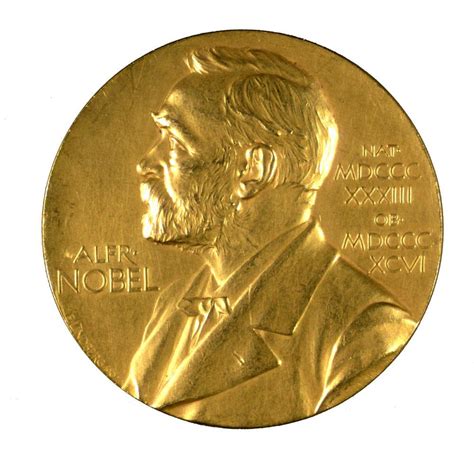“In 1958 i wrote the following: ‘There are no hard distinctions between what is real and what is unreal, nor between what is true and what is false. a thing is not necessarily either true or false; it can be both true and false.’ i believe that these assertions still make sense and do still apply to the exploration of reality through art. so as a writer i stand by them but as a citizen i cannot. as a citizen i must ask: what is true? what is false? —harold pinter, nobel prize lecture (2005) political constructivism does not use (or deny) the concept of truth; nor does it question that concept, nor could it say that the concept of truth and its idea of the reasonable are the same. rather, within itself, the political conception does without the concept of truth. —john rawls, political liberalism democratic politics comprises, among other things, public discussion about laws and policies on the basis of reasons of justice. how large a part is not my concern here. i assume that such reasoning, mixed with bargaining and hectoring, confession and accusation, self-pity and i presented earlier versions at the shiffrin, and especially paul horwich for comments and suggestions. i also benefited greatly from generous and illuminating comments by richard rorty at the stanford collo-quium. i sketch his concerns below in n. 55. compulsive self-display, provides some part of democratic politics. focusing on this deliberative part, i want to consider the role that the concept of truth might properly play in it. i will defend two conclusions about that role. first, the concept of truth, and judgments and assertions deploying that concept—including judgments and assertions that apply the concept to basic principles of justice—have a legitimate role to play in public, political argument. here i endorse pinter’s nobel lecture view about the place of truth in the reflection of citizens (not his comments on the artistic license to violate the law of noncontradiction) and disagree with rawls’s claim in political liberalism that a political conception of justice ” does without the concept of truth. ” 1”




![The British Raj in India MAU-MAU[1]](https://cognitive-liberty.online/wp-content/uploads/MAU-MAU1-300x223.jpg)
![Skull & Bones society 9780691162423_0[1]](https://cognitive-liberty.online/wp-content/uploads/9780691162423_01-199x300.png)
![State Terrorism as a tool for social control ea30b50c2af0073ecd0b4401ef444f94eb6ae3d01db3174696f6c27b_640[1]](https://cognitive-liberty.online/wp-content/uploads/ea30b50c2af0073ecd0b4401ef444f94eb6ae3d01db3174696f6c27b_6401-212x300.jpg)
![Academic freedom noam-chomsky[1]](https://cognitive-liberty.online/wp-content/uploads/noam-chomsky1-200x300.jpg)

![Erich Fromm - Disobedience: A Moral or Psychological Problem (1962) MV5BMDk1ZjhmZjUtNzMyYy00ZDk3LWIxNzEtNjFlMTE4ZTk3MDkxXkEyXkFqcGdeQXVyNDUzOTQ5MjY@._V1_[1]](https://cognitive-liberty.online/wp-content/uploads/MV5BMDk1ZjhmZjUtNzMyYy00ZDk3LWIxNzEtNjFlMTE4ZTk3MDkxXkEyXkFqcGdeQXVyNDUzOTQ5MjY@._V1_1-204x300.jpg)
![Martin Luther King e834b70f29f7033ecd0b4401ef444f94eb6ae3d01db316419cf1c97f_640[1]](https://cognitive-liberty.online/wp-content/uploads/e834b70f29f7033ecd0b4401ef444f94eb6ae3d01db316419cf1c97f_6401-300x300.jpg)
![Weaponized anthropology ef37b80f2ae91c72d15e4c0def4e4e8be272e6d71fb6124293f1_640[1]](https://cognitive-liberty.online/wp-content/uploads/ef37b80f2ae91c72d15e4c0def4e4e8be272e6d71fb6124293f1_6401-300x195.jpg)

![Cognitive dispossession e836b50f28f0093ecd0b4401ef444f94eb6ae3d01db719489df9c578_640[1]](https://cognitive-liberty.online/wp-content/uploads/e836b50f28f0093ecd0b4401ef444f94eb6ae3d01db719489df9c578_6401-276x300.png)
